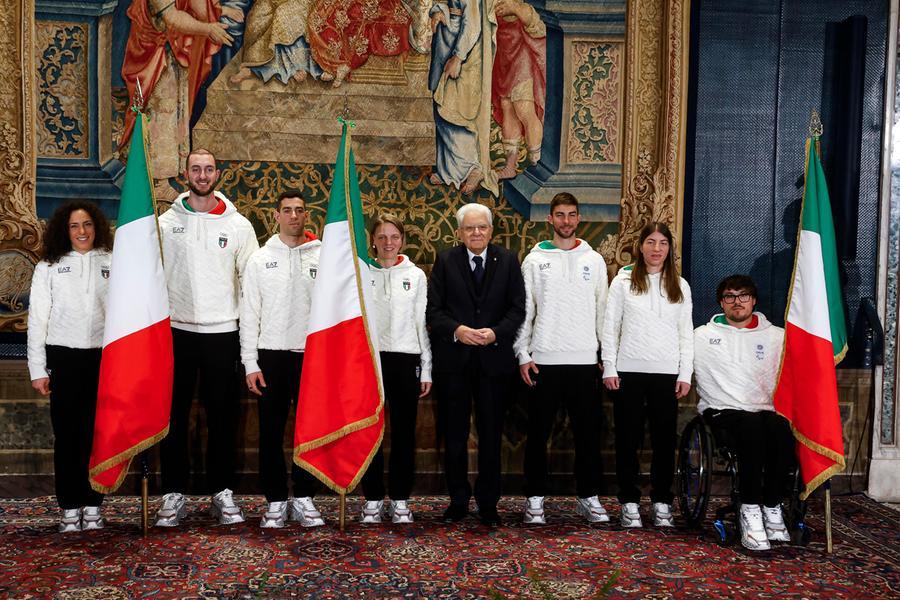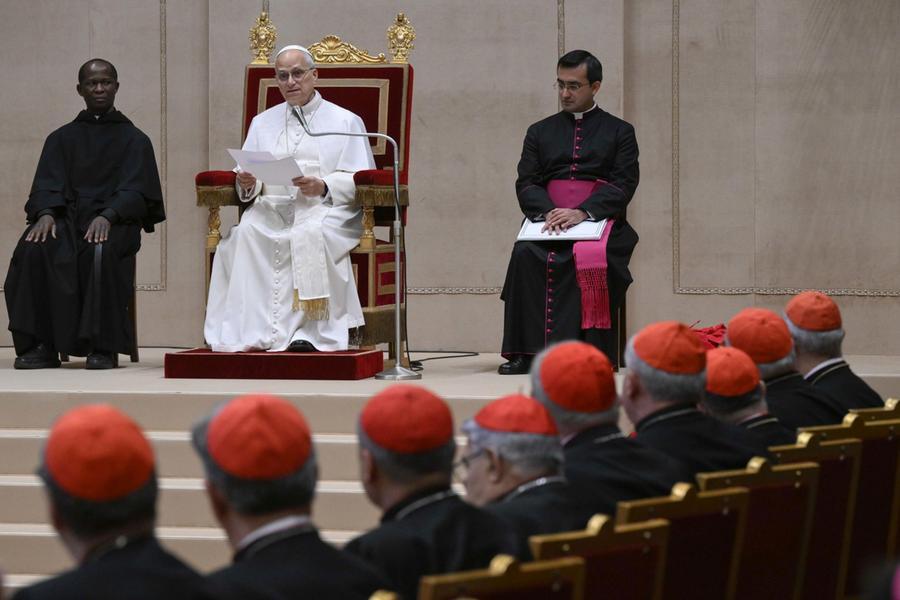Giangiacomo Schiavi.
The latest controversy was sparked by Annamaria Bernardini de Pace, who threatened to return the recognition if it were awarded to the Sumud Flotilla this year. Every year the Ambrogino d’Oro reignites the debate on the values, merit and civic memory of Milan. There are those who consider it a symbol of silent commitment, while those who accuse it of having become a political battlefield. We talk about it with Giangiacomo Schiavi, former chief reporter and deputy director of the Corriere della Sera, a great connoisseur of the metropolis, a signature attentive to a supportive and concrete Milan, to understand if behind the controversies the original spirit of the award still resists: that of a city that recognizes, with sobriety and gratitude, those who build the common good.
Milan has always been a city of merit and silent doing. Does Ambrogino still retain this spirit or has it changed?
Unfortunately it is turning into a media and political prize. However, they remain extraordinary figures, “heroes of the small”, as I call them: people who dedicate themselves to the city, often honored in memory. Unfortunately, alongside them, there are candidates created more for visibility than merit. Yet the original soul resists: let’s not throw the baby out with the bathwater.
Every year the debate heats up. Has Ambrogino become a political “club”?
It happens, yes. Sometimes the centre-right, this year the centre-left with the Flotilla proposal, out of context with respect to concrete Milan. It’s a way to advertise. It’s not the fault of the recipients, but of those who use the award as a megaphone. We chase visibility, easy consensus. Civic commitment, the real one, doesn’t come from likes.
Do extraordinary characters still exist? Who are they?
Otherwise. Milan is full of them. I think of the pensioner who, thanks to the neighborhood, has found a home and a community. I think of those who care for a fragile child, of the volunteers who mobilize for others.
In Corriere Milano the letters column is a space that offers citizens the opportunity to report cases and problems of Milanese life. Readers document small and large absurdities, often situations that cannot find an interlocutor, and together we try to reduce the distance between citizens and bureaucracy.
From there, moving stories emerge, gestures of silent altruism that tell of a lively, supportive Milan that never ceases to amaze. Ambrogino should sift through precisely this: the daily sanctity of the common good.
Which values should return to the center of the Award?
Solidarity before everything, then discretion in actions and meritocracy. Those who do good do not seek applause. As Cardinal Martini said, we need “imitable examples”: civil antibodies in a society that runs and forgets. Telling them is already an act of care.
Can the Ambrogino go back to being a prize perceived as “serious”, based on service and public ethics?
Yes, just apply common sense. I think of Marco Pedrini, who fought for Anffas and for “after us”. These anonymous people, who move against the grain in a society dominated by power, arrogance and inequality, truly deserve Ambrogino. Our job as journalists is to bring them out. Because doing good under your breath, as Saint Francis taught, is the highest way of loving the city.
How to give visibility to the silent fabric of the city?
We need to change the narrative. As my friend Candido Cannavò said: “We also try to tell the right lives”. I have spoken on several occasions about the “Invisible Angel”, a benefactor who concretely helped the poor to raise their heads by reading their stories in the newspapers. He called me and “used” me as a go-between. Then he disappeared. He founded a reality called “Condividere”, in collaboration with Caritas. Unfortunately, he died a year ago, but his lesson remains: those who have a lot can take away a little of what is superfluous and give it back to others. He certainly deserved the Ambrogino.
What role can the press have in bringing the conversation back to authentic values?
Our job, if done well, comes close to an evangelical idea: bringing forward those left behind. Tell the good, not just the bad. To do this you need means, but also an ethical choice of field. Perhaps, by combining the forces of Famiglia Cristiana and Corriere della Sera, we could give more voice to the Milan that does not show off, but builds its civil soul every day.










